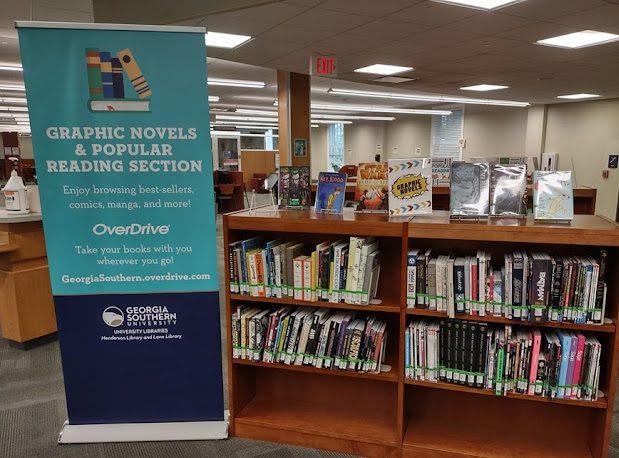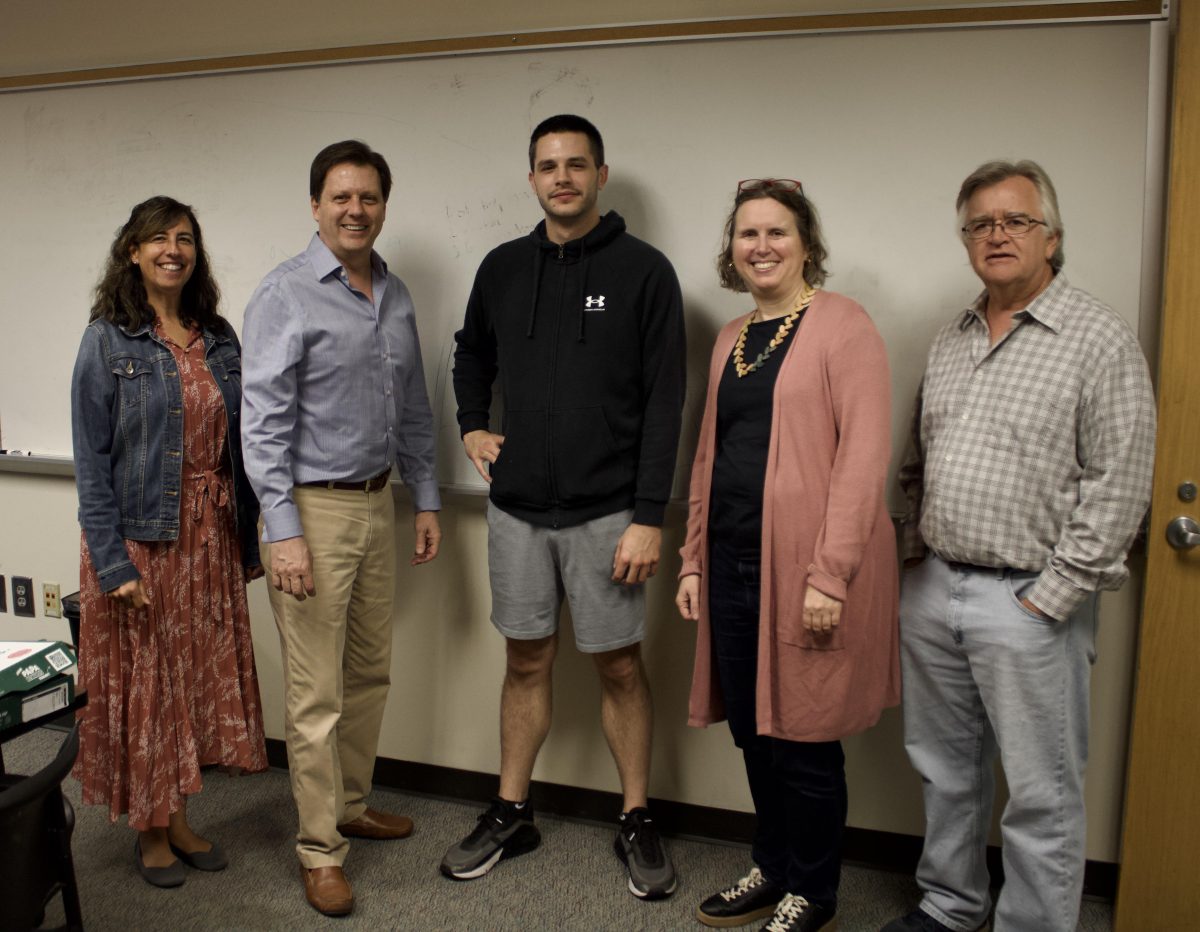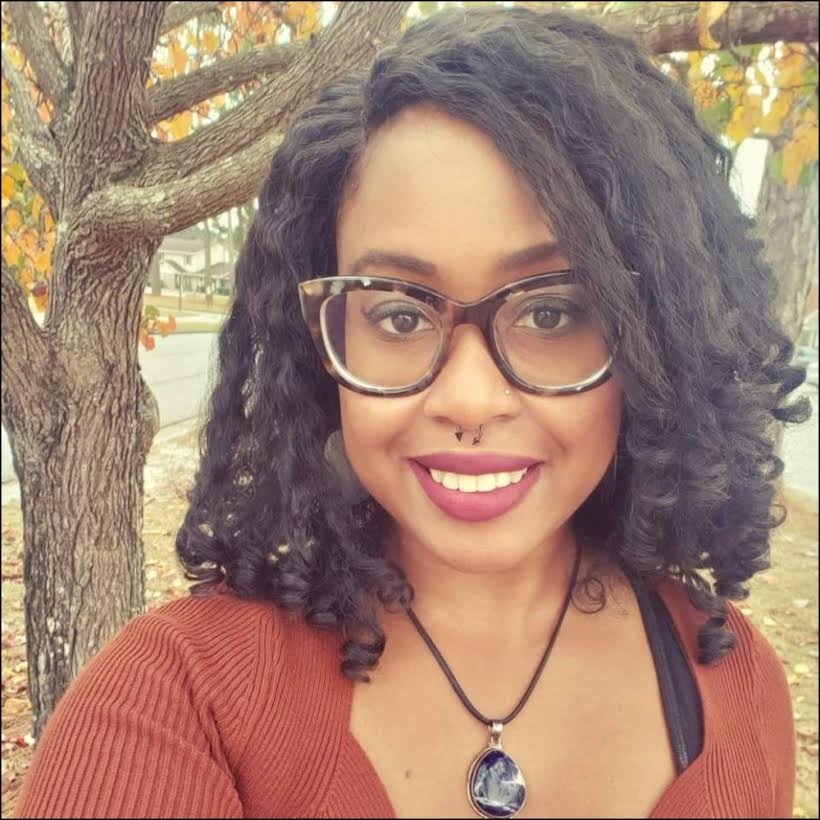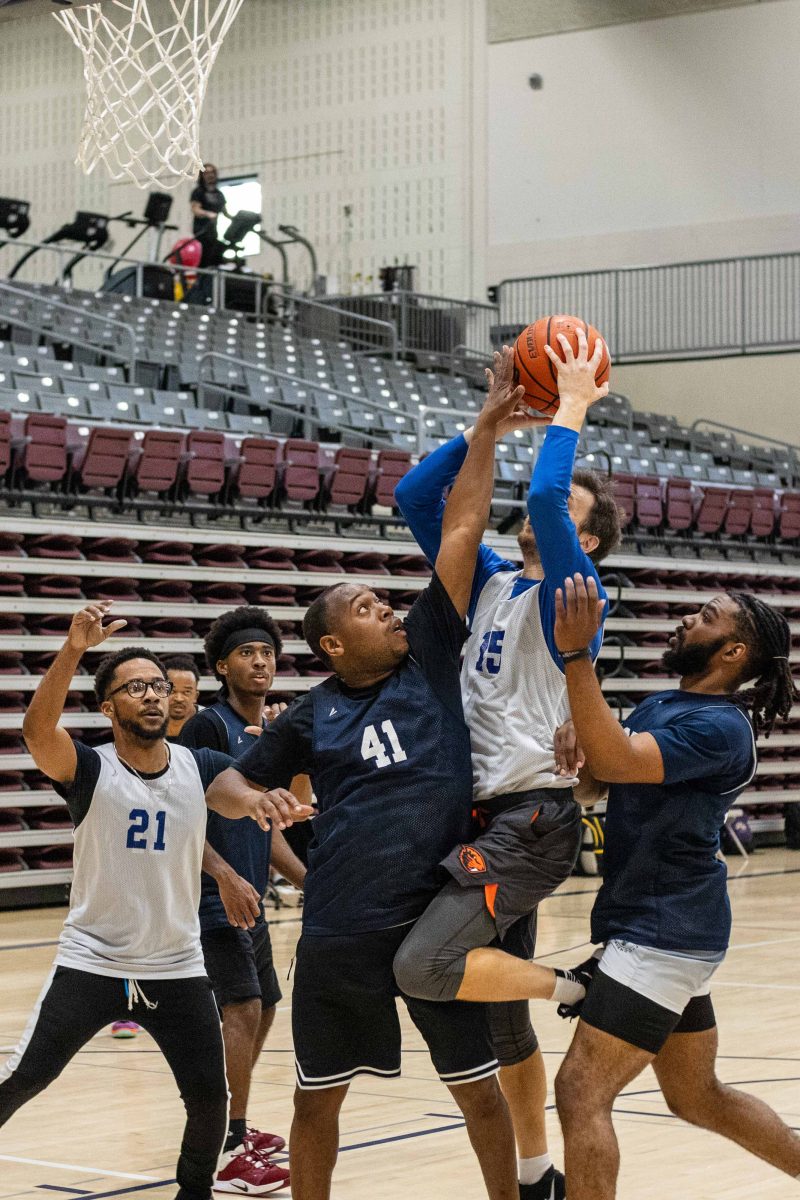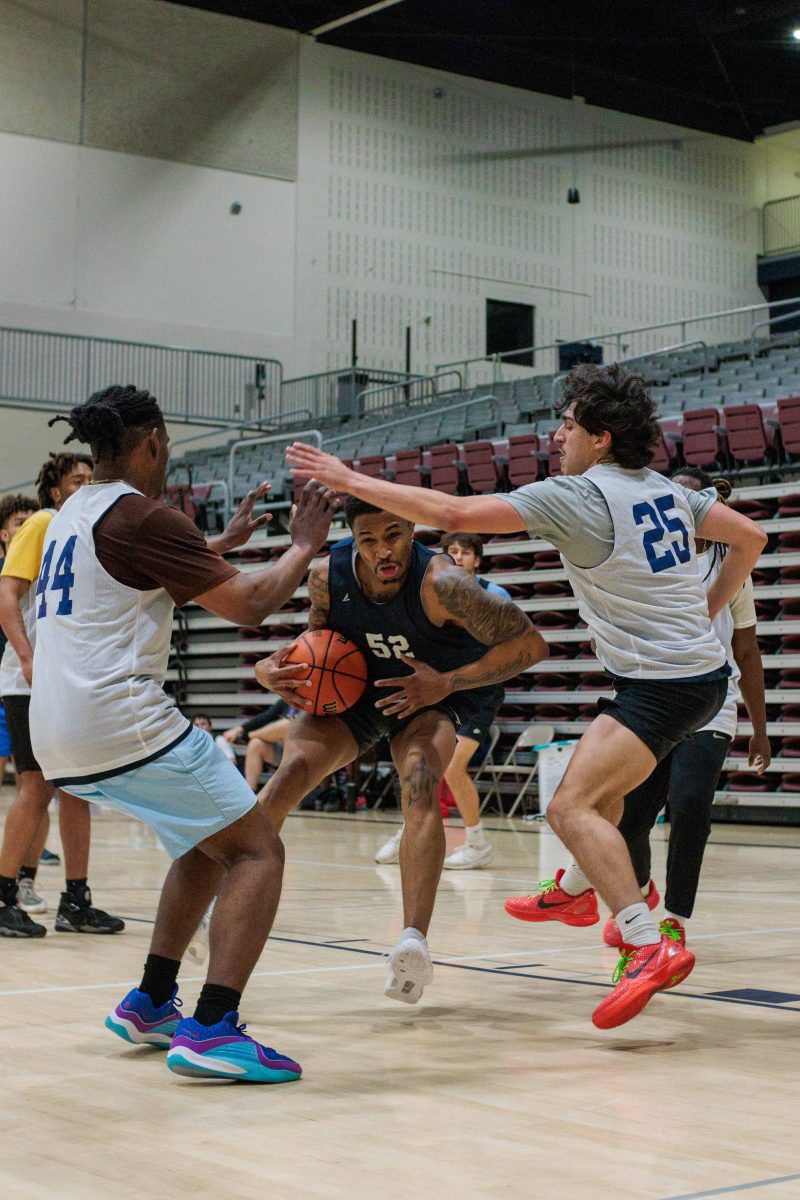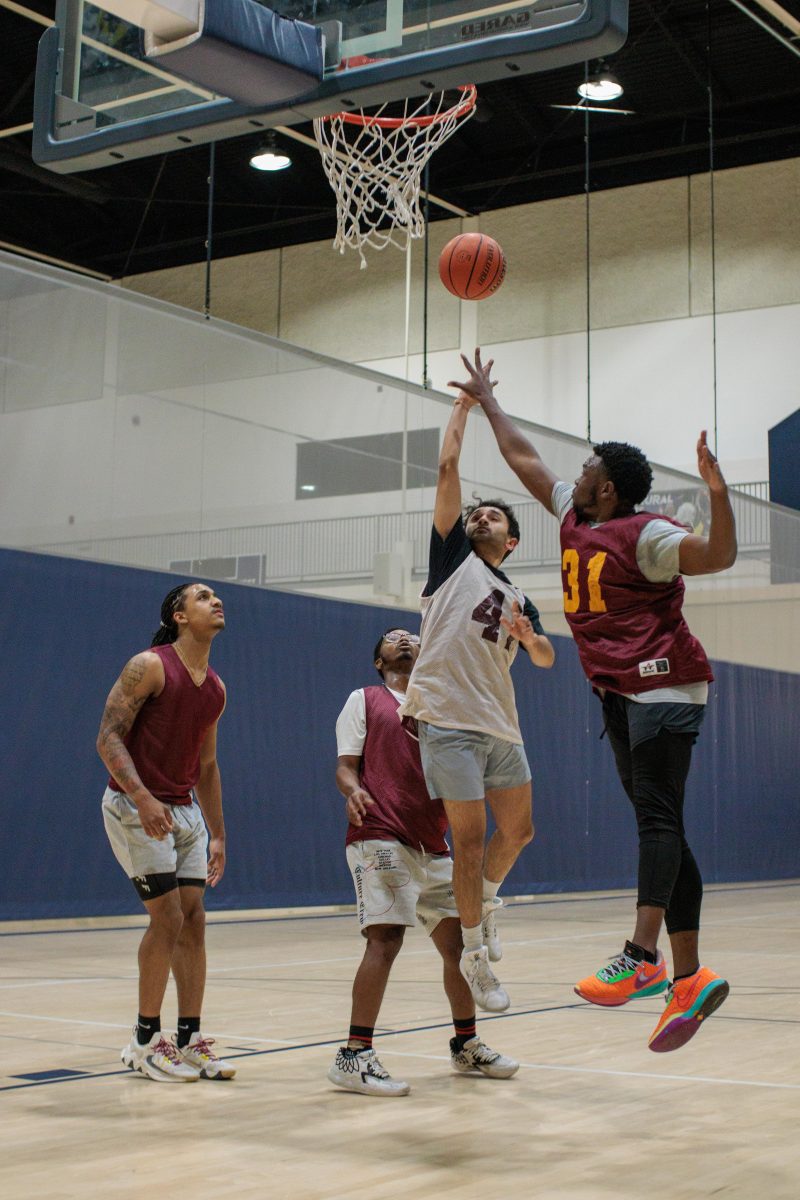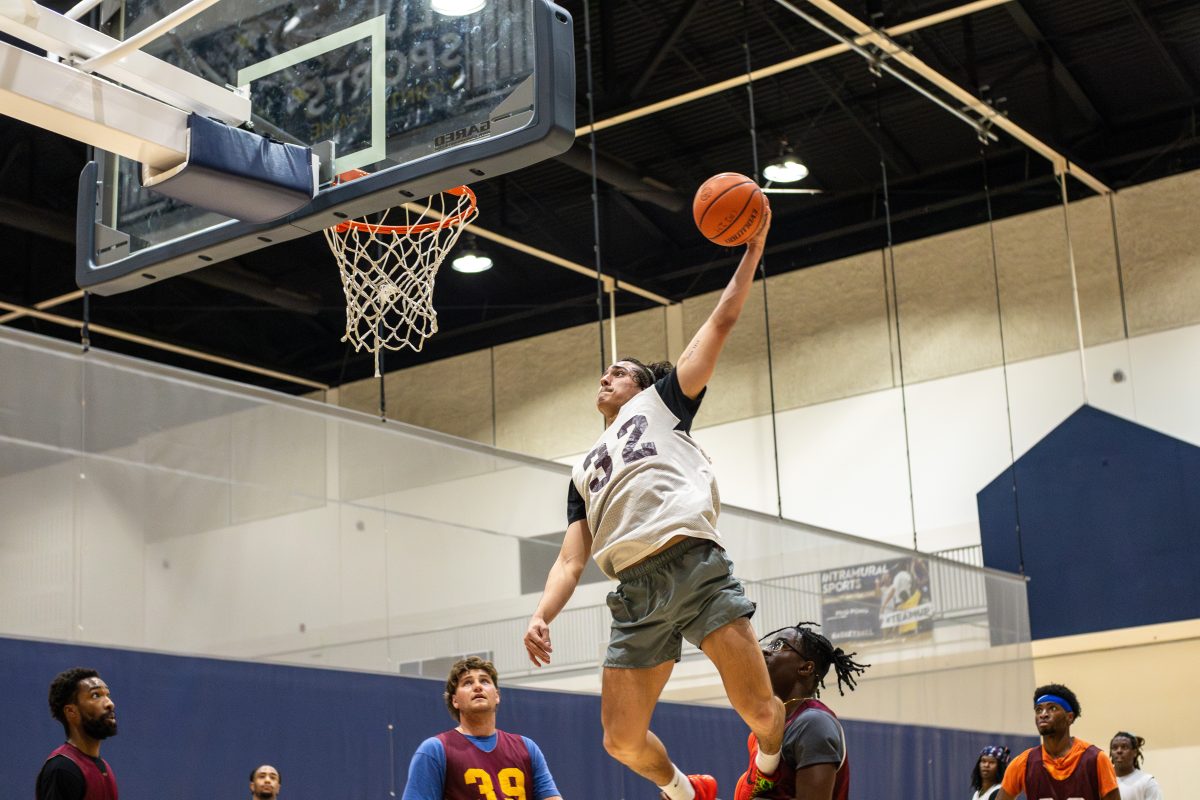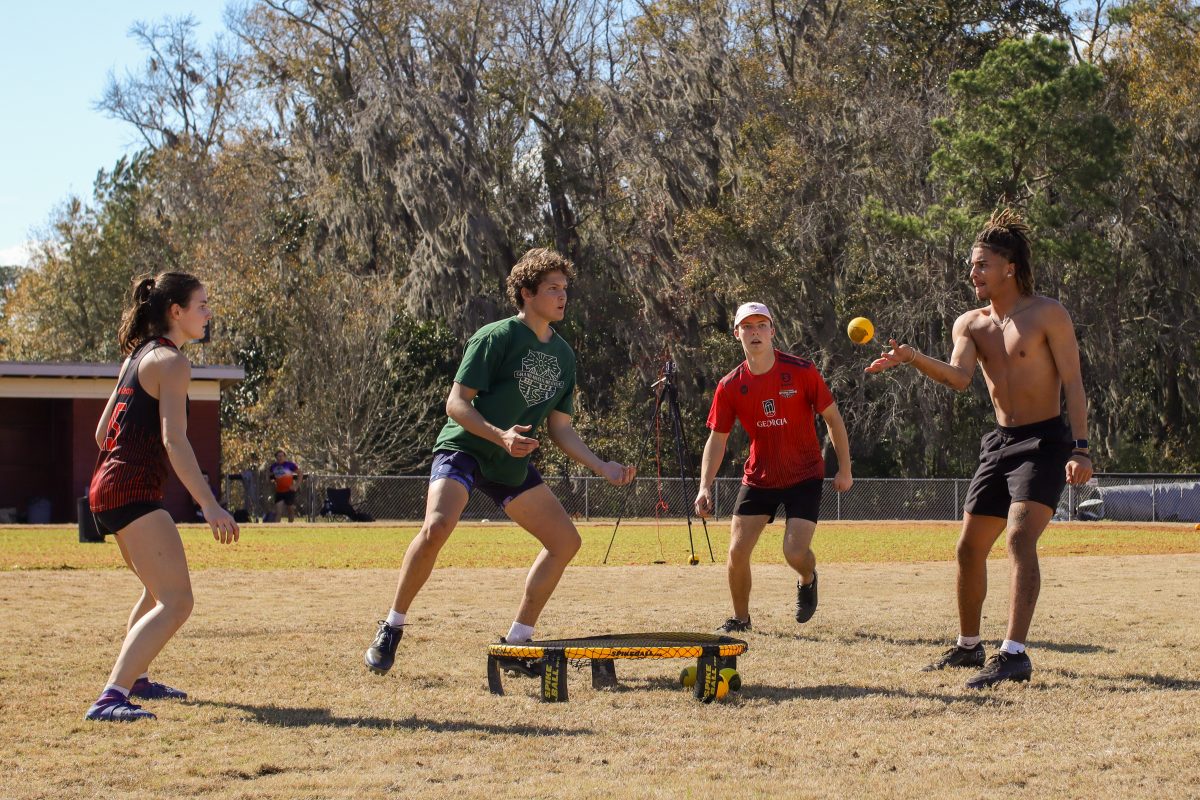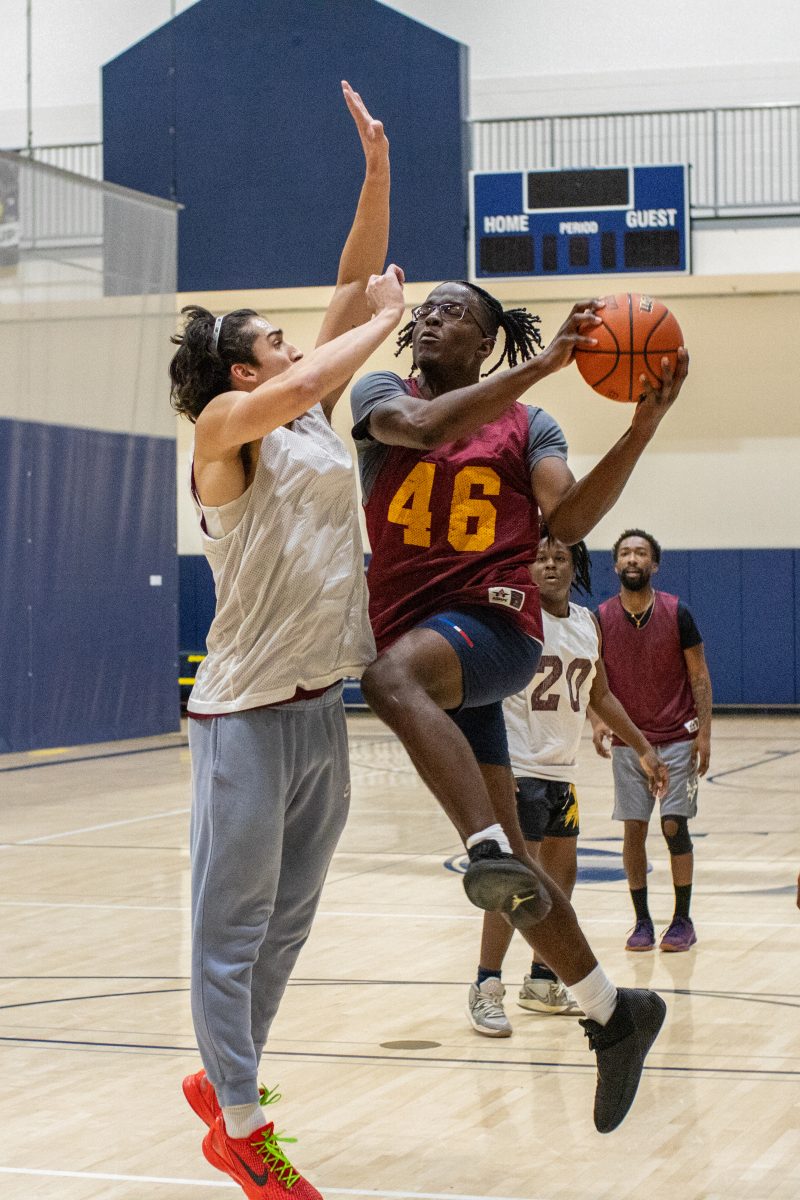Gabriel Williams, Staff Writer
The Department of Literature and Center for Africana Studies on campus presented students with a taste of African pride during a discussion of “Black Panther” held on Nov. 14 in the Ogeechee Theater.
The event, titled “Blackness, Africanness, and Wakandaness,” provided audience members with a brief overview of the meaning of black power described in the famous film, “Black Panther.”
The movie tells the story of the heroic fictional African king T’Challa, aka the Black Panther, played by Chadwick Boseman.
His mission in the film is to save his country from the threats of an outsider.
Along the journey, T’Challa is joined by an army of intelligent and powerful leaders who help him defeat the sympathetic villain named Killmonger, played by Michael B. Jordan.
The panelists for the discussion were Mr. Christopher Cartright, Dr. Elizabeth Desnoyers-Colas, Dr. Marame Gueye, Dr. Cathy Skidmore-Hess, and Dr. Hapsa Wane who discussed their experiences with the movie while analyzing thematic elements depicting African history.
“As a black woman, the biggest thing I can say is that it made me so proud just seeing the strength and the use of technology from the people,” said Dr. Desnoyers-Colas, Associate Professor of Communications.
Within the movie, there were several scenes involving modernized technology with high tech features that the characters use as weapons and as a means of security for the kingdom.
“I was very excited because it was the first time black people were represented in a powerful way,” said Dr. Gueye, Associate Professor of African and Diaspora Literatures and Cultures from East Carolina University, as she described the day she took her kids to see the movies in theaters.
Cartright, lecturer in Writing and Linguistics, described the characters portrayed as “members of a royal family.”
Cartright also said he thought the African tribes represented power and community.
The beating of bongos and harmonized voices from the “Black Panther” soundtrack was then played to give the audience a live sample of the country.
Dr. Desnoyers-Colas and Dr. Gueye wore colorful dresses with symbolic patterns to represent the ancient clothing styles.
While the movie received thumbs up from most of the panelists, several believed the movie failed to give viewers a more constructed interpretation of the stories of black people during ancient times.
“Maybe the film is not accurate in some ways, but it’s also inspirational,” said Dr. Skidmore-Hess, Associate Professor of History.
Michael Hobbs, a freshman Biology major, who attended the lecture, said that he felt that there are still “untold stories and songs of black people.”
The panelists also discussed other themes in the film, like the prominence of black power, motherhood, and unity.
Audience members also got a chance to ask questions and express their comments about the film.
This conversation created a call to action for people to learn and know the prominence of black history and its impact on the world we live in today.
If you haven’t seen the movie yet, it is now available on Netflix as well as iTunes and Google Play.
“Wakanda Forever!”





